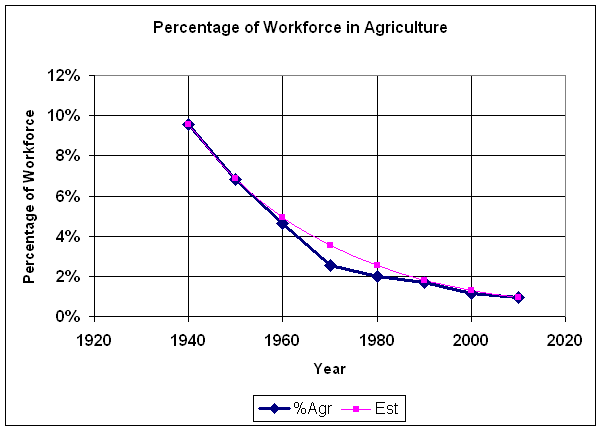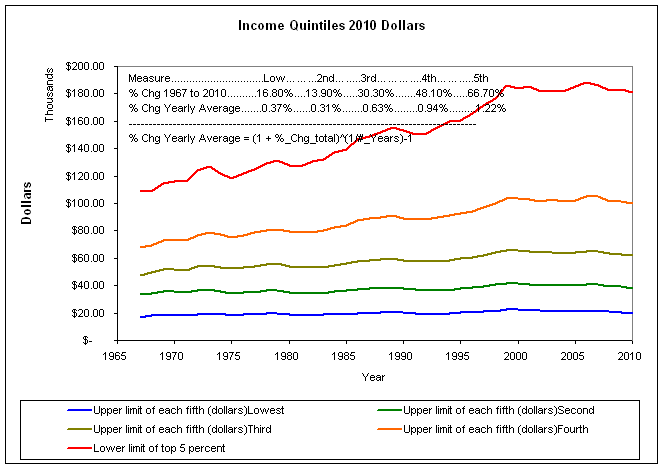dragon do you think capitalism and corporatism are the SAME thing?
Please...let me make this simple for your pea brain.
Corporatism (business having influence in government) = problem
Capitalism (business completely separate from government) = solution
You wrote a whole mess of ignorant gibberish on your "blog" and probably wasted a lot of time. You are not an intellectual. At all. You are the equivalent of a 4 year old trying to read Shakespeare after barely getting through green eggs and ham. It's laughable. Cute...but laughable.
Please...let me make this simple for your pea brain.
Corporatism (business having influence in government) = problem
Capitalism (business completely separate from government) = solution
You wrote a whole mess of ignorant gibberish on your "blog" and probably wasted a lot of time. You are not an intellectual. At all. You are the equivalent of a 4 year old trying to read Shakespeare after barely getting through green eggs and ham. It's laughable. Cute...but laughable.
Last edited:




